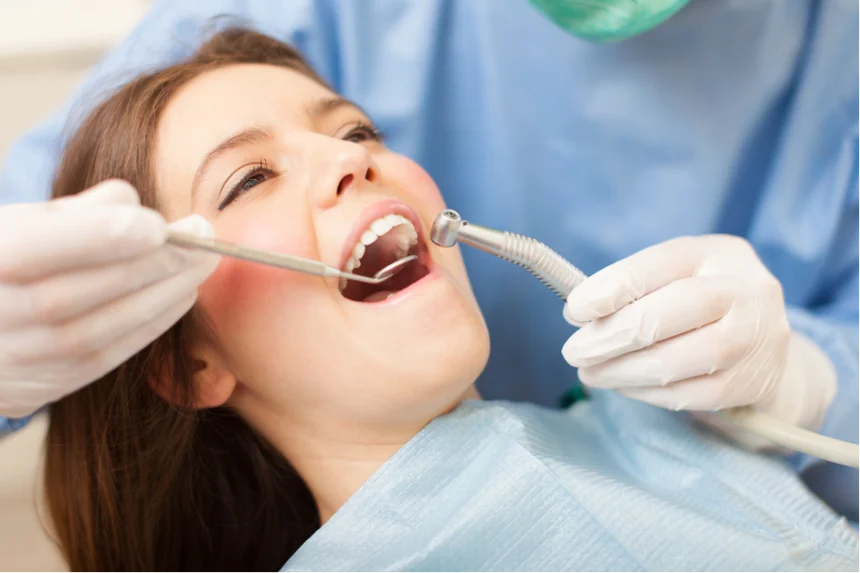Introduction:
Dental implants have revolutionized the field of dentistry, providing a reliable and long-lasting solution for individuals with missing teeth. Despite their widespread success and positive outcomes, there still exists a cloud of uncertainty and misconceptions surrounding the safety of dental implants. This article aims to dispel these myths, shedding light on the safety aspects of dental implants and their impact on oral health.
Understanding Dental Implants:
Dental implants are prosthetic tooth roots made from biocompatible materials like titanium. Surgically placed into the jawbone, they serve as sturdy anchors for artificial teeth, such as crowns or dentures. The success of dental implants lies in the process of osseointegration, where the implant fuses with the surrounding bone, ensuring stability and durability.
Biocompatibility of Materials:
One of the primary concerns people have regarding dental implants is the use of titanium. Titanium is a highly biocompatible material, meaning it is well-tolerated by the human body. It has been extensively researched and proven to integrate seamlessly with the bone without causing adverse reactions or rejection. This property makes dental implants a safe and effective choice for tooth replacement.
Low Risk of Complications:
Contrary to popular belief, the risk of complications associated with dental implants is remarkably low. Surgical procedures, when performed by qualified and experienced professionals, minimize the potential for issues such as infections or damage to surrounding structures. Strict adherence to sterilization protocols and a comprehensive understanding of patient health contribute to the overall safety of the implantation process.
Long-term Success Rates:
Studies consistently demonstrate the high success rates of dental implants over the long term. The Journal of Oral and Maxillofacial Surgery reports success rates ranging from 95% to 98%, showcasing the reliability of this tooth replacement option. With proper oral hygiene and regular check-ups, patients can enjoy the benefits of dental implants for decades without significant complications.
Compatibility with Natural Teeth:
Dental implants not only stand alone as a reliable solution but also seamlessly integrate with natural teeth. This integration ensures a harmonious functioning of the entire dental arch, preserving the integrity of adjacent teeth and preventing the bone loss that commonly occurs with traditional tooth replacement options like bridges.
Improved Quality of Life:
Beyond the physical aspects, dental implants contribute to an improved quality of life for individuals with missing teeth. The restoration of a complete and functional smile enhances self-esteem, speech, and chewing abilities. The psychological well-being associated with a restored smile further emphasizes the safety and positive impact of dental implants on overall health.
Addressing Common Concerns:
a. Allergies and Sensitivities: Concerns about allergies to implant materials are rare. Titanium allergies are extremely uncommon, and alternative materials can be explored for those with specific sensitivities.
b. Infection Risks: While any surgical procedure carries a minimal risk of infection, strict adherence to pre and post-operative care significantly reduces the likelihood. Antibiotics are often prescribed to mitigate potential infection risks.
c. Surgical Skill and Experience: The success of dental implants is highly dependent on the skill and experience of the dental professional performing the procedure. Choosing a qualified and experienced implantologist is crucial for ensuring optimal results and minimizing any potential complications.
Conclusion:
In conclusion, dental implants are a safe and reliable solution for individuals seeking to restore their smiles and oral function. The extensive research, technological advancements, and rigorous standards in the field of implant dentistry have contributed to the high success rates and safety profile of dental implants. As with any medical procedure, patients need to make informed decisions and collaborate with experienced professionals to achieve the best possible outcomes. The safety of dental implants is not just a matter of science but a testament to the transformative impact they have on the lives of those who choose this innovative tooth replacement option.






